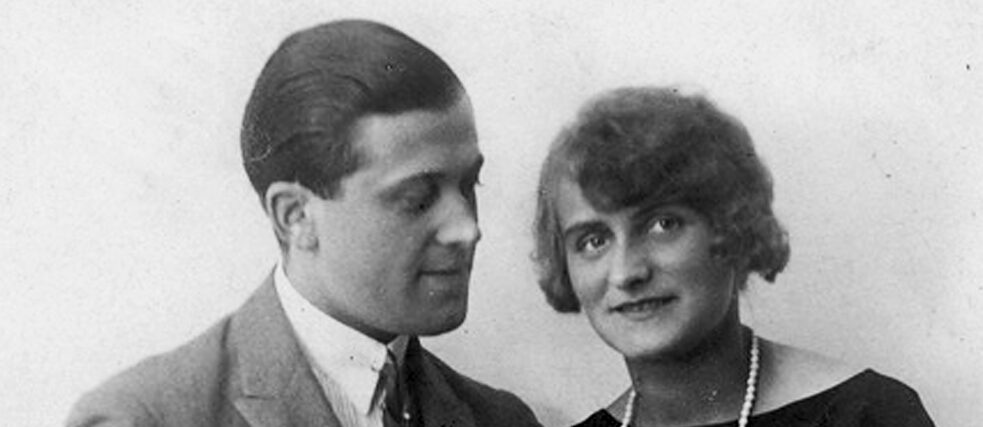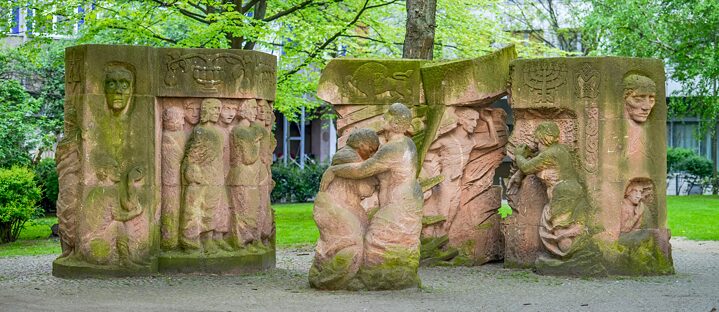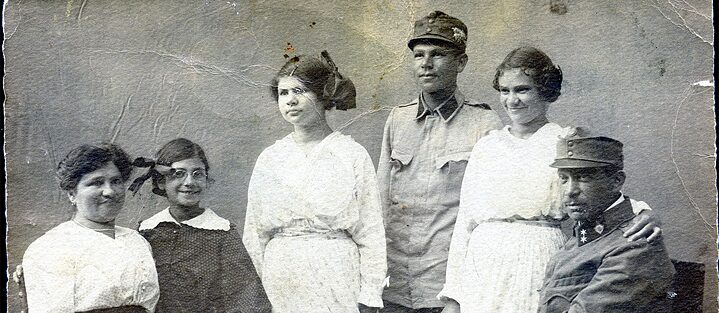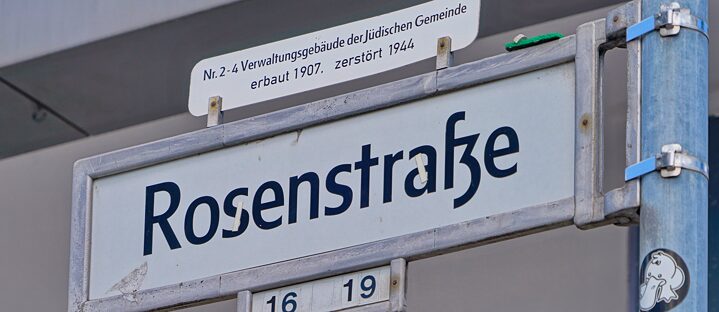On March 8th, International Women’s Day, the Goethe-Institut Washington celebrated the opening of the exhibition “Give us our husbands back” with a reception and panel discussion. If you were unable to attend the event, you can view the recording here.
Produced by the Goethe-Institut Washington with the support of the German Embassy Washington and the Rosenstrasse Foundation. Find more information on the exhibit and materials here.







